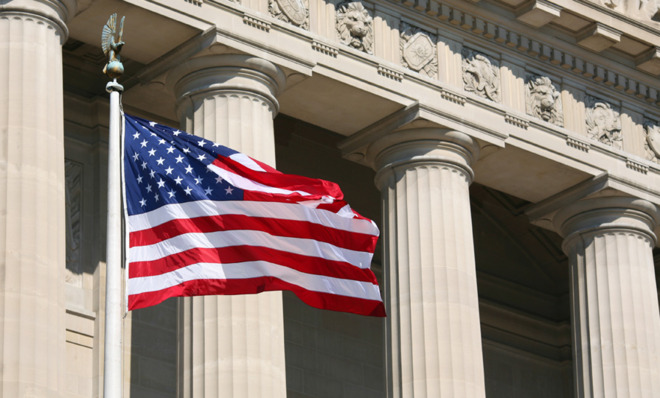The quest for an 'extraordinary persons' visa
Three immigrants seeking a highly coveted visa struggle to prove their worth to the United States

A free daily email with the biggest news stories of the day – and the best features from TheWeek.com
You are now subscribed
Your newsletter sign-up was successful

What makes a person extraordinary?
One of the most coveted types of visas are those which allow foreigners to live and work in the U.S. if they can prove they have extraordinary abilities in their fields. The O-1 "extraordinary persons" visa lasts for one to three years and can be renewed; the EB-1 version leads to permanent citizenship. Tens of thousands of people apply for each type every year, from Italian filmmakers to Moroccan hair stylists, often paying thousands of dollars in lawyer and application fees. Here are the stories of three visa applicants who successfully received the "extraordinary person" designation.
In 2010, Anisha Dadia came to New York from the U.K. to pursue a career in acting. After graduating from a two-year conservatory program at the American Academy of Dramatic Arts, she wanted to stay in the city. Juggling student film auditions and babysitting gigs, Dadia kept working on her acting portfolio so she could apply for an O-1, which would allow her to extend her stay in the United States until 2015.
The Week
Escape your echo chamber. Get the facts behind the news, plus analysis from multiple perspectives.

Sign up for The Week's Free Newsletters
From our morning news briefing to a weekly Good News Newsletter, get the best of The Week delivered directly to your inbox.
From our morning news briefing to a weekly Good News Newsletter, get the best of The Week delivered directly to your inbox.
U.S. Citizenship and Immigration Services lists dozens of criteria for qualifying for an O-1 or EB-1. They range from proof of original scholarly or artistic work, to "evidence that you command a high salary." But there is no formula for what gets one person in over another. Often, the application process takes years. No one really knows what "extraordinary" means. Sure, Olympic medals, Nobel Prizes, and articles in internationally recognized media outlets can help convince authorities at USCIS, but none guarantee a person's entry.
Zoja Mihic is a jewelry designer with clients in Europe and the United States. Originally from South Africa, she moved to Paris and then applied for an EB-1 visa. She arrived in New York a few weeks ago without an apartment, a studio, or many of the connections that are so crucial to her business. Still, Mijic said she's excited to get settled, and adapt to the frenetic pace of the city.
Josu de Solaun is a world-renowned classical pianist from Spain. He applied for his EB-1 visa over two years ago, and then made the mistake of leaving the country. For one year, while his visa was being processed, he couldn't re-enter. He lost concert gigs, students, and the way of life he'd grown accustomed to. Now, de Solaun has finally made it back to New York, with his "extraordinary" status intact, but he says the convoluted experience left a bitter taste in his mouth.
The visa requirements have come under fire from business leaders and immigration lawyers in recent years for being vague, subjective, and forever changing, depending on who happens to be making decisions at USCIS at any given time. But for people who dream of calling New York and the United States home, the visas, and the bureaucratic pain still associated with them, are often their only hope.
A free daily email with the biggest news stories of the day – and the best features from TheWeek.com
More from Narratively...
Narratively is an online magazine devoted to original, in-depth and untold stories. Each week, Narratively explores a different theme and publishes just one story a day. It was one of TIME's 50 Best Websites of 2013.
-
 The week’s best photos
The week’s best photosIn Pictures An Andean god, a rogue squirrel, and more
-
 ‘Zero trimester’ influencers believe a healthy pregnancy is a choice
‘Zero trimester’ influencers believe a healthy pregnancy is a choiceThe Explainer Is prepping during the preconception period the answer for hopeful couples?
-
 AI surgical tools might be injuring patients
AI surgical tools might be injuring patientsUnder the Radar More than 1,300 AI-assisted medical devices have FDA approval